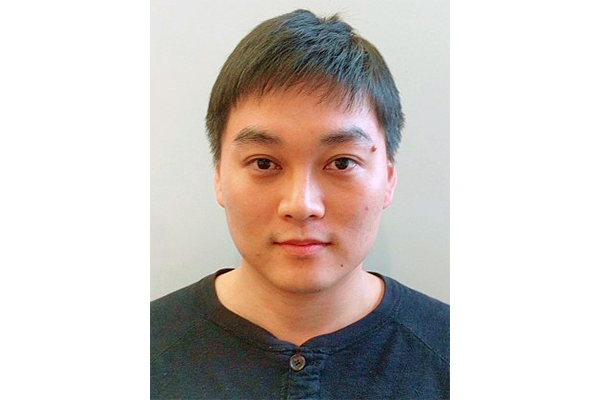Developing an Ankle Exoskeleton to Assist the Mobility of Older Adults

MIE Assistant Professor Seungmoon Song was awarded a $747K NIH grant from the National Institute of Aging for “Simulation framework to develop ankle exoskeleton gait assistance for older adults.”
Abstract Source: NIH
The candidate’s long-term objective is to enable optimal and customized intervention to improve mobility. Mobility is an essential physical activity for maintaining an active lifestyle and functional independence and is a common issue for older adults, where musculoskeletal diseases are the leading cause of mobility limitations. While robotic orthoses, or exoskeletons, promise to improve mobility, the progress in research is slow as evaluation on the outcome of gait assistance currently requires extensive experiments with human subjects. In this project, the candidate proposes to develop a computer simulation framework that can predict the gait dynamics and performance of different ankle-exoskeleton assistances. The study will develop and evaluate how ankle- exoskeleton assistance affects metabolic energy consumption, walking speed, and pain during walking in healthy young and older adults as well as in older adults with knee osteoarthritis. The candidate will develop the simulation framework based on a computational neuromechanical human locomotion model he has previously developed, and collect human gait data using an ankle-exoskeleton emulator developed in his laboratory to validate the predictions of the framework. In addition to the simulation framework, the study will deliver ankle-exoskeleton strategies that can effectively assist healthy young and older adults and those with knee osteo- arthritis to walk more efficiently, fast, and with less pain. During the K99 phase, the candidate will receive training in the Department of Mechanical Engineering at Stanford University. The mentoring team consists of four experts who can provide training in experimental human biomechanics, computer simulation of human movement, musculoskeletal diseases in older adults, and gerontology. An advisory committee with three members will provide additional expertise in optimality principles in human motion, and in non-clinical needs and surgical trauma in the senior population. The training will prepare the candidate to become a leading independent investigator in the multidisciplinary fields of motor control and rehabilitation engineering, who produces theoretical and clinical impacts on improving mobility.